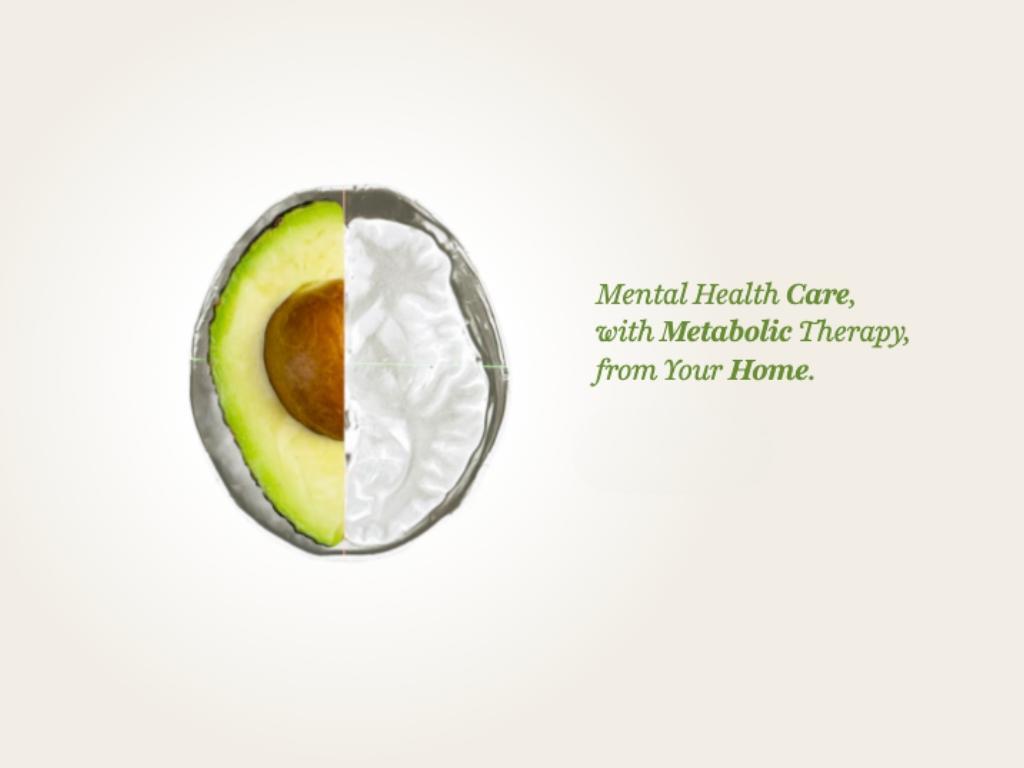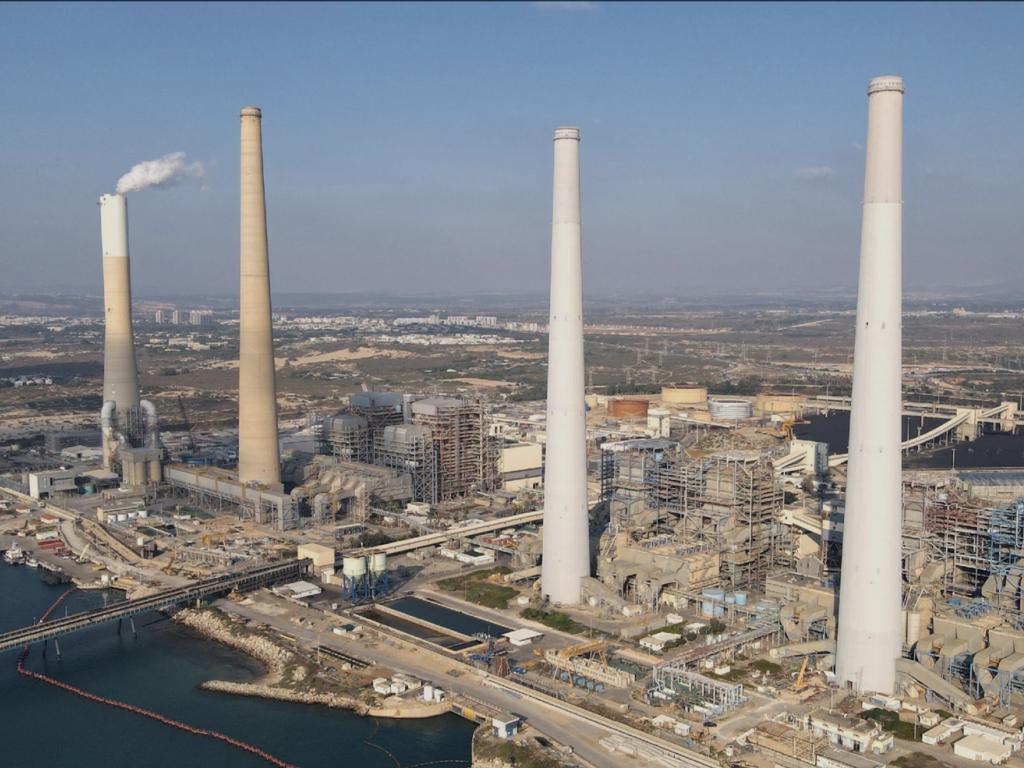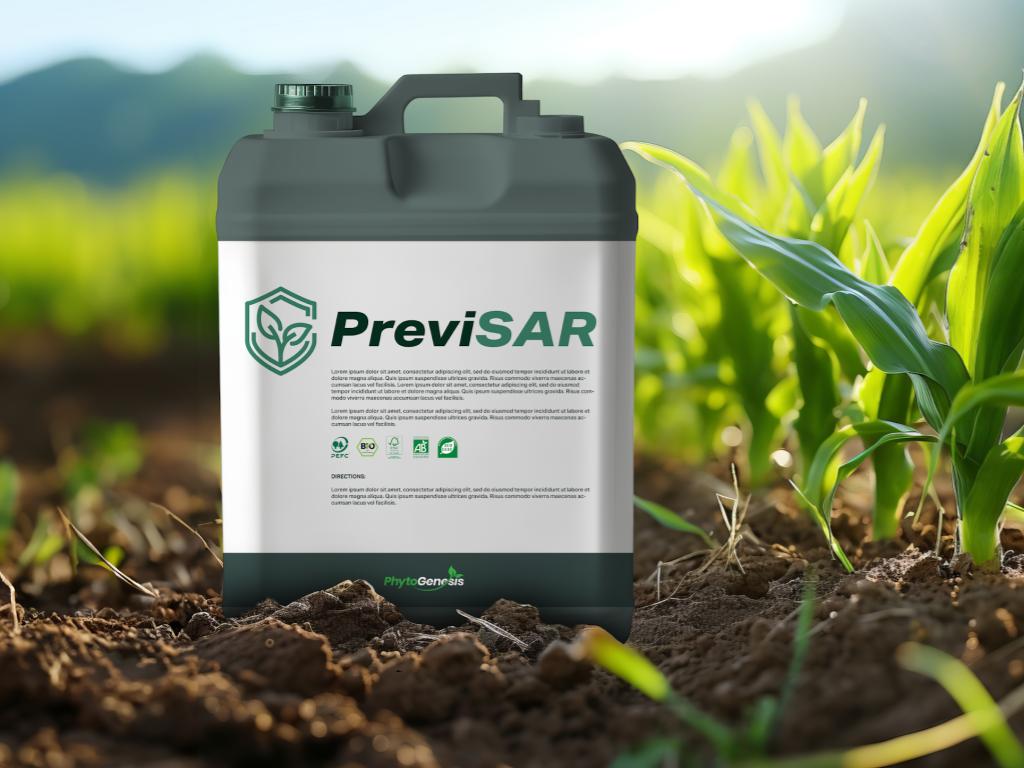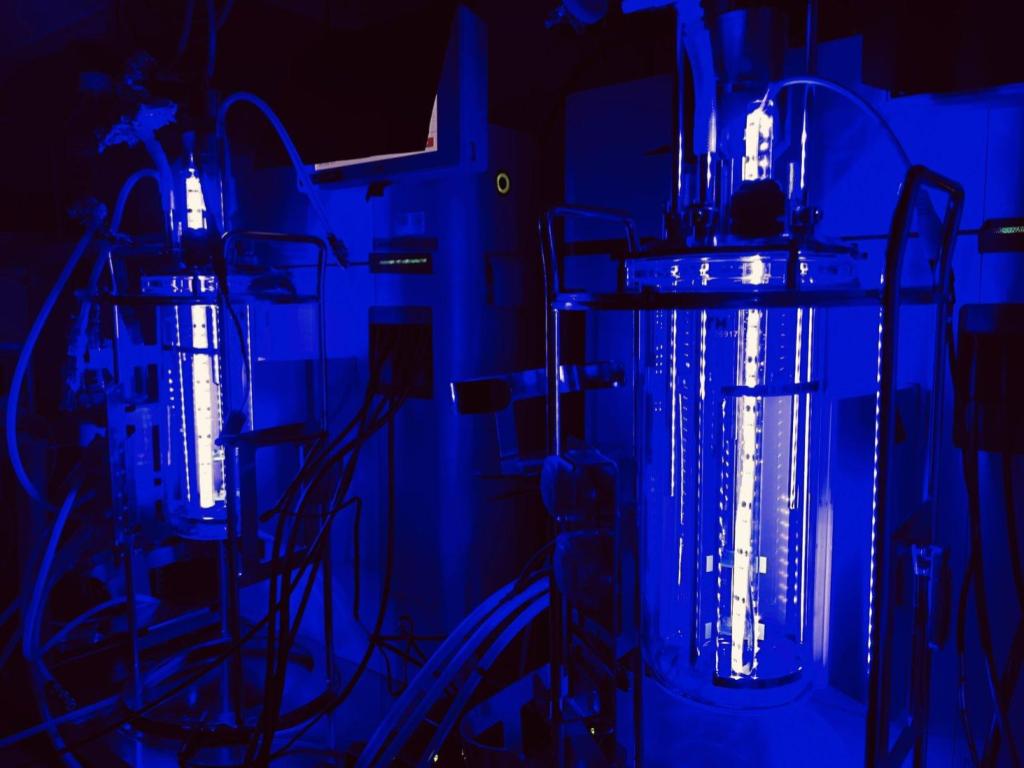If you’ve got an investment in a startup doing high-throughput AI + biology, your startup is probably spending way too much for having DNA variant libraries printed.
Synplexity should be their vendor of choice.
At the intersection of AI and biotech, there’s a bottleneck. It’s not the design function powered by AI to generate 10 million hypotheses per minute. And it’s not the test function, where high throughput assays can rapidly read out 1 million experiments per minute. The bottleneck is in the middle – the printing of DNA variant libraries. Each gene takes 1 minute to print.
Using DropSynth technology developed at Harvard, Synplexity prints huge libraries of custom-sequence DNA – cheaper, longer, and more numerous than anybody else in the market. Up to 1500x the scalability of current technologies.
Synplexity is already in revenue, with a weighted funnel of $270,000 just in the last couple months. The facility we just opened can throughput $30M in revenue a year, and gross margins are high from day one. As the first investors in Synplexity, we love how capital efficient Synplexity is.

Dr. Sethi’s approach rewrites the entire treatment playbook. Her protocol deftly navigates the complex interactions between diet and psychiatric medications, optimizing treatment while minimizing side effects. She’s currently working with 30 lucky clients, who got ahead of the long waitlist, but she wants to scale her practice 1000-fold.
Four major insurers have credentialed MPL, and are now reimbursing her protocol. MPL does not replace existing providers, it supplements them: Providers can implement her system to improve patient outcomes and increase revenue streams for the clinic. Per patient, up to $5000 of annual reimbursements is left on the table by ignoring the nutritional and metabolic aspects of mental health. Multiply that by 10 million adults with SMI in the US already receiving care.
Last year, we invested in MPL because we saw a vision for an integrated AI approach to take MPL to scale, to democratize access to Dr. Sethi’s protocol, and to leverage large datasets to improve our understanding of drug-diet-ketosis interactions and to push the new frontier in mental health care.
Bacterial biofilm will grow wherever there is moisture. That’s fine, until it becomes unruly: That’s when we call it biofouling. In offshore oil rigs, it’s a maintenance nightmare; in maritime shipping it’s a drag on efficiency; in industrial pipes and food processing, it’s a contamination hazard. All industries combined, biofouling is nearly $100 billion worth of pain.
All of the major anti-biofouling strategies today are to kill bacteria, but they’re ineffective because the enemy compensates by becoming stronger or evading it. Nobody on the front lines would say that this is a solved problem.
In all our years of investing, we have never seen a more potent and versatile anti-biofouling agent than what Disperse Bio has discovered. Their internationally-patented peptide, discovered in sea anemones, can effectively stave off biofilm at a nanomolar concentration, with no toxicity to humans or the environment. Imagine, two Advil-sized caplets of their peptide can protect the hull of a cargo ship from $80K/year of hull maintenance and $2M/year of additional fuel costs. The investment implication here is that the very potent active compound becomes a high-performance ingredient, commanding extremely high margins.
With both desalination pilot testing and ship hull tests underway, we’re expecting to see revenue in the next few months. If you have portfolio companies or LPs that deal with any kind of biofouling, it’s worth meeting Disperse Bio.
Ceal partners with seawater-cooled power plants to extract CO2 and calcium from the water running through the plant. It’s a win-win. By softening the water, the plant’s efficiency jumps by 4%. In an electrochemical process developed at Professor Charlotte Vogt’s lab at the Technion, the CO2 and calcium are transformed into calcium carbonate, which can be sold for $110M annually per plant.
At IndieBio, we are always looking for climate technologies that don’t require new capex – and Ceal is a perfect example of what we love: using the power plant infrastructure that already is in place.
Their first customer is the Israeli Electric Company, with a pilot at Orot Rabin, the largest power station in Israel. When operating at full scale, Ceal will help Orot Rabin sequester 500,000 tons of CO2 a year, improving the carbon footprint of the plant by 10%. It can generate these carbon credits at a COGS of only $30 a ton.
There are 1,100 seawater-cooled power plants in the world. Ceal has the potential to get to $1B in revenue with just 7 utilities as customers.
We’ve spent years looking for the single best way to take CO2 out of the oceans, and make money while doing it. It turns out, we needed to finally look at built infrastructure that already is letting the ocean water in.
Based on 20 years of work at the University of Kentucky, and $11M in grants to bring it to commercial readiness, Phytogenesis is a fundamentally different solution for protecting the world’s crops from fast-evolving pathogens.
For ag investors, the biocontrol market is structurally problematic, because a product that works in potatoes doesn’t then work for corn, or fresh produce. Each crop needs its own solution, limiting upside.
Phytogenesis’ product, PreviSAR, is a single biobased solution for all crops. It primes an innate defense pathway native to all plants, called Systemic Acquired Resistance. It only needs to be applied once per season, and when applied to any leaf, it spreads through the whole plant. The result is a very meaningful savings to the farmer. PreviSAR can also be combined with existing crop protection products, be they bio or chemical.
Over 25 field trials in row and specialty crops have them preparing to work with large growers, first in South America which has the world’s fastest regulatory pathway for biologicals, followed quickly by the USA.
PreviSAR has conceptual similarities to two products that ag investors will know well – Regalia and Phytalix – but it is distinctly unique; our scientific founders discovered an upstream way to regulate Systemic Acquired Resistance. Ag investors familiar with the biocontrol space will want to absorb this update on the scientific field.
PreviSAR can even be applied prior to harvest, and it keeps working post-harvest, protecting the crop from infection. Less food waste and no more moldy strawberries
Minutia is pioneering a functional cure for Type I Diabetes (T1D) that will allow patients to live without insulin injections and not suffer the long-term complications of the disease.
Founded in 2021 out of UCSF, Minutia has already raised $13.5M, $6.5M in pre-seed SAFEs and $7M in grants, and has derisked the safety of their minimally-invasive transplant procedure, in human patients, with a UCSF trial. Now they are raising for a Phase 1 human study in Australia.
The T1D cell therapy market is substantial, with billion dollar market movements seen with Vertex and Sana based on n=2 studies of islet transplants. To win this market, there are many considerations. The islet organoid must be successfully immune-cloaked, and that alone may not be enough – there needs to be an easy, fast kill switch, in case an immune reaction is provoked. The transplant cells will often wander, too, so they have to be trackable. And going into deep organs could be a problem, if the cells need to be removed. It also has to be affordable, to reach a broad population.
For each and all of these criteria, our team believes Minutia has the best-in-class solution. The secret? Gold nanostars.
We love founders with a passionate vision for a life changing product. You can feel this at a visceral level when you meet Katy Digovich, the founder CEO, who suffers quietly with T1D. Katy strives for the day when Minutia’s innovative cell therapy will replace the ardor and angst of T1 – with a single injection every 5 years.
Fermeate is the first startup in the world to apply optogenetics and photomolecular gene circuits to microbial based biomanufacturing. In plain English, they control gene activity with pulsed, programmed light.
Developed over the past 11 years in the Avalos lab at Princeton, Fermeate is from the same academic lineage that inspired Prolific Machines, which we launched in 2021. Fermeate has the seminal and broad IP that covers the microbial field.
Photomolecular gene circuits open a new era in biomanufacturing. Essentially, software-like level of control, and fast on/off switching that allows biology to live up to the ideal of “programmability.”
The use cases are vast, and Fermeate has already proven this by quickly signing 4 industrial partners in the food, fuel, agriculture, and specialty chemicals sectors. Booked revenue is over $500K during our program. They are also developing an in-house product to convert waste feedstock into natural, low calorie sweeteners, making that product class as cheap as sugar.
Their hardware technology is an add-on to existing fermentation infrastructure, no new steel tanks required, and by dropping gene circuits into already-commercially deployed microbes of their partners, quickly increases yields and margins.
We expect just as much success with Fermeate as we’ve had with Prolific, and the company is a “must meet” for any investors and corporates who are in the biomanufacturing sector.
Let’s talk DNA repair.
Within 5 minutes of being in the sun, the energy of the solar photons introduces a small crack in the DNA of your skin cells. It’s not a random crack, it wears down the bonds at the 2 weakest points. One crack is called “CPD.” The other crack is called “6-4.” These cracks go on to hinder all manner of cell processes in replication and transcription, compounding the damage for decades.
In the anti-aging and beauty market, all of the products – from niacinimides to signal peptides – work on the downstream effect of the original cracks.
Our new company, Antarka, discovered a class of enzymes that doesn’t take years to repair the consequences of those cracks. Antarka enters cells and repairs DNA cracks in minutes. It is the fastest DNA repair product in the world.
Originally discovered on research expeditions to Antarctica, where microbes evolved strong defense systems to 24 hour sunshine, these enzymes enable a wide diversity of anti-aging formulations and products.
Antarka has demonstrated in humans that their enzymes can reverse skin aging signs like fine lines and dark marks, in addition to working to prevent future damage. Already engaged with several global partners, Antarka has built up product inventory and is ready to commercialize immediately. They have manufacturing capacity for 300,000 units per month.
Don’t wait to repair your DNA.







